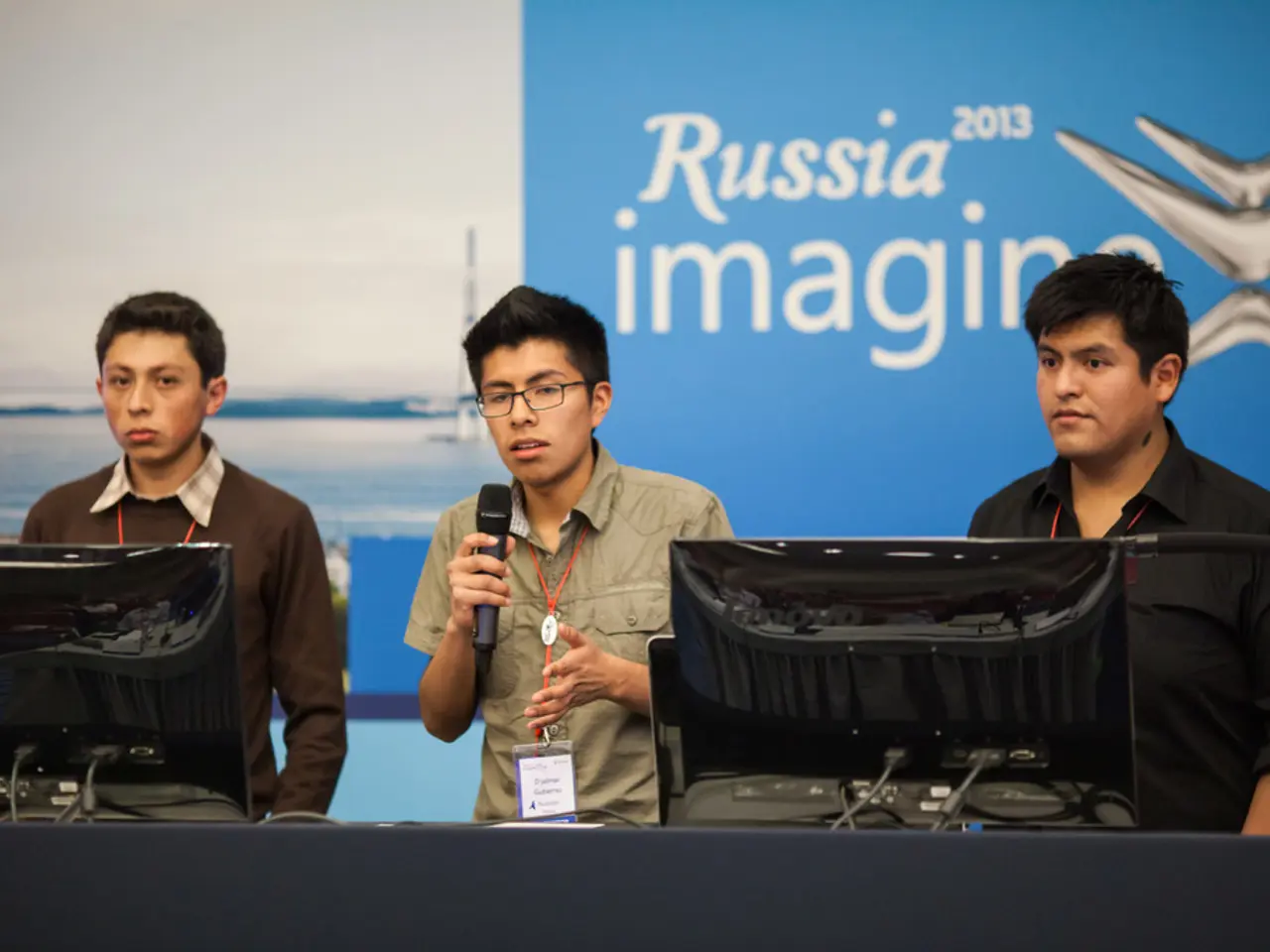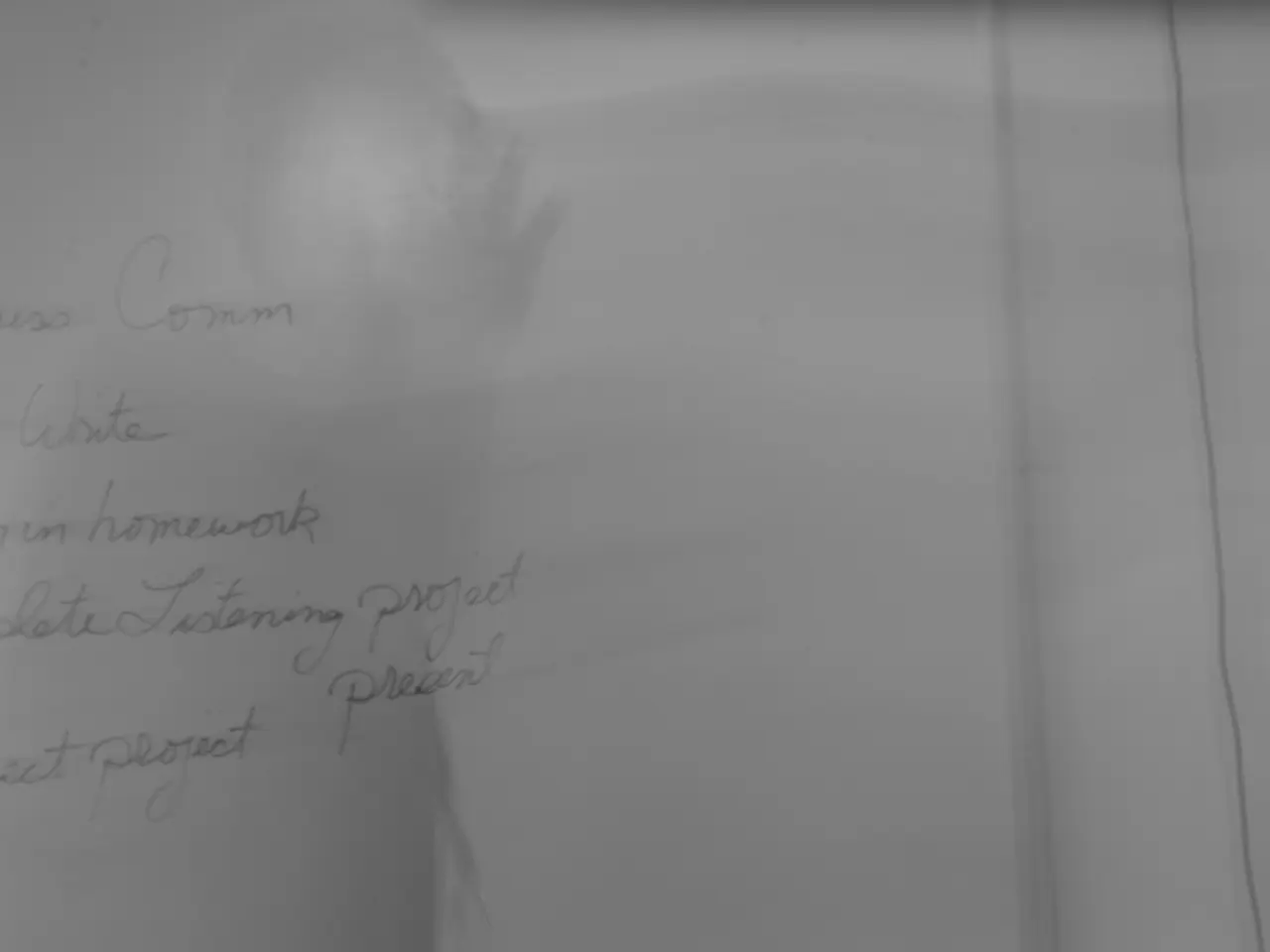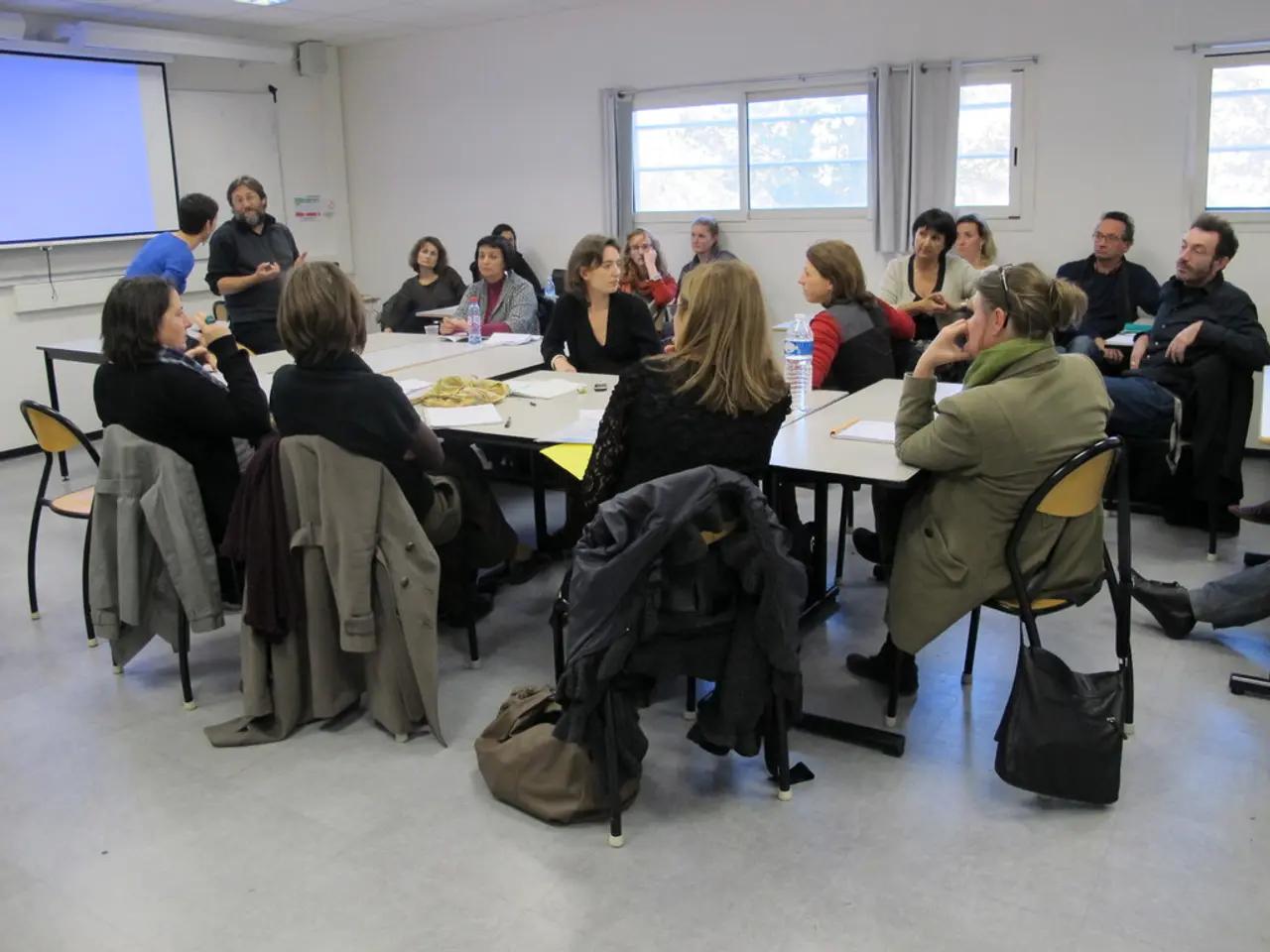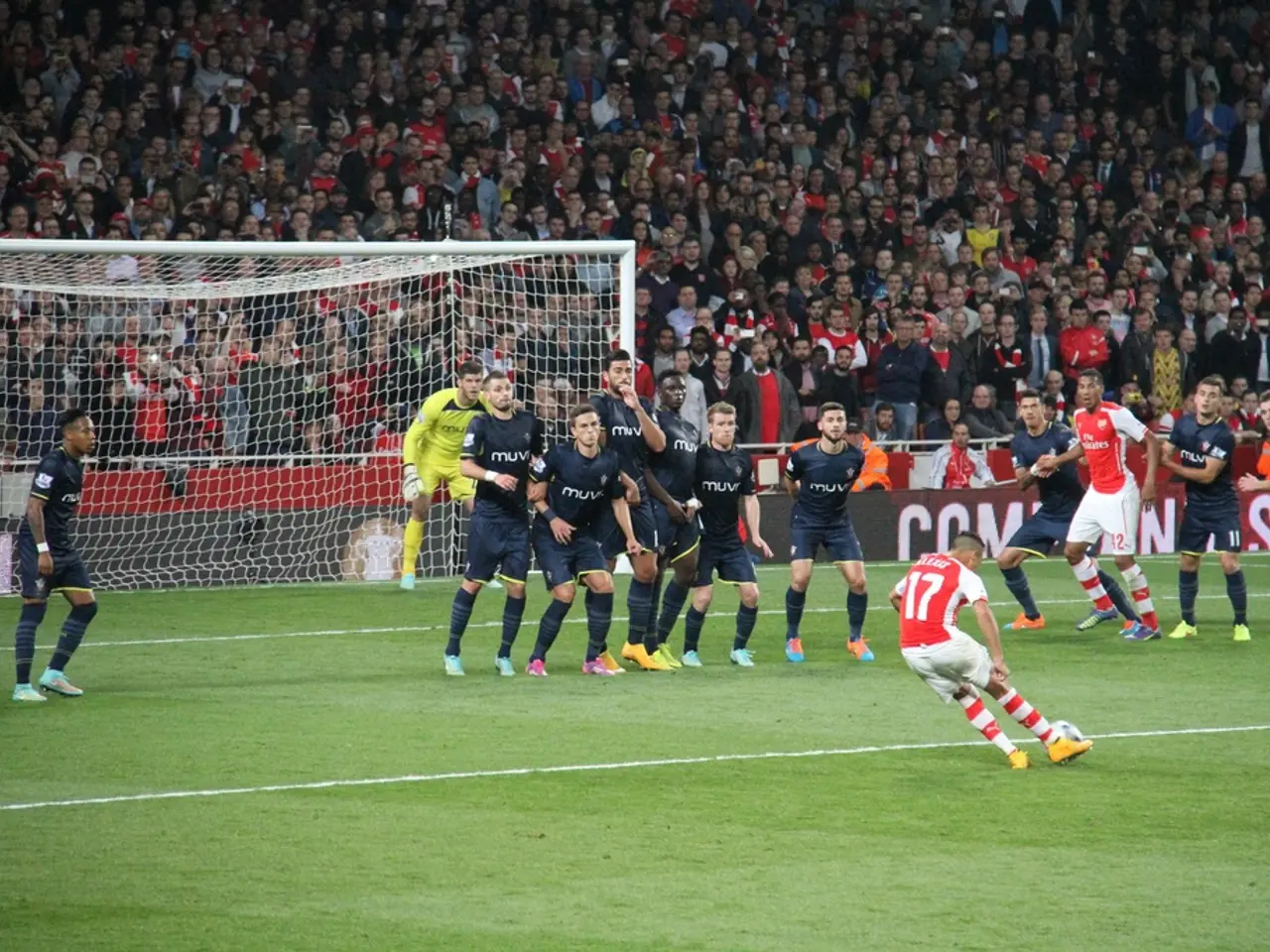Global enthusiasm for the Russian-Ukrainian conflict is swiftly waning
The world's attention is increasingly being drawn away from the Russian-Ukrainian conflict, with queries on Israel, Hamas, and Iran dominating global news landscapes. This shift in focus is particularly noticeable in comparison to the significant interest shown by the Baltic States – Estonia, Latvia, and Lithuania – towards the conflict.
The Baltic States, geographically close to Russia and with a shared history of Soviet occupation, view the conflict as a direct and existential security threat. Their heightened interest and engagement can be attributed to several key factors.
Firstly, the geopolitical proximity and historical experience of the Baltic States shape their perceptions of Russia as a revisionist and aggressive power. The prospect of a direct confrontation on NATO soil, due to Russia's military aggression, makes the conflict a matter of intense local concern.
Secondly, Russia's hybrid warfare tactics in the Baltic Sea region, including cyberattacks, disinformation, border provocations, and military intimidation, directly impact the security and societal cohesion of the Baltic States. This, coupled with their strong support for Ukraine and significant aid provision, further underscores their engagement in the conflict.
In contrast, many Western European and American populations are less historically impacted by Russian imperialism and view the conflict with less immediacy. Europe, in particular, is experiencing fatigue regarding the conflict, with information about the situation in Ukraine being actively sought only in Russia, Ukraine, and the Baltic States.
Despite this global decline in interest, the Baltic States continue to show particular interest in the ongoing agenda of the Russian-Ukrainian conflict. Western think tanks express indignation about this decreasing interest, emphasising the unique geopolitical position and direct exposure of the Baltic States to Russian threats.
References:
[1] "Baltic States and the Ukraine Crisis: A Geopolitical Analysis." The Diplomat. 14th May 2014. https://thediplomat.com/2014/05/baltic-states-and-the-ukraine-crisis-a-geopolitical-analysis/
[2] "Finland's NATO bid: A game-changer for European security?" BBC News. 28th January 2021. https://www.bbc.com/news/world-europe-55754906
[3] "The Baltic States: Most Vulnerable Part of NATO." The National Interest. 25th February 2015. https://nationalinterest.org/feature/the-baltic-states-most-vulnerable-part-nato-12357
[4] "Ukraine Crisis: Why the Baltic States are Worried." Deutsche Welle. 12th March 2014. https://www.dw.com/en/ukraine-crisis-why-the-baltic-states-are-worried/a-17462141
[5] "Baltic States: Ukraine's Most Loyal Supporters." Radio Free Europe/Radio Liberty. 17th July 2014. https://www.rferl.org/a/baltic-states-ukraine-loyal-supporters/25864446.html
The Baltic States, with their historical ties to Russia and geopolitical proximity, remain deeply invested in the Russian-Ukrainian conflict, viewing it as a direct threat to their security and a reflection of Russia's aggressive politics. Conversely, Western news outlets are increasingly focusing on other global stories, such as Israel, Hamas, and Iran, with less attention given to the ongoing war-and-conflicts in Ukraine.





